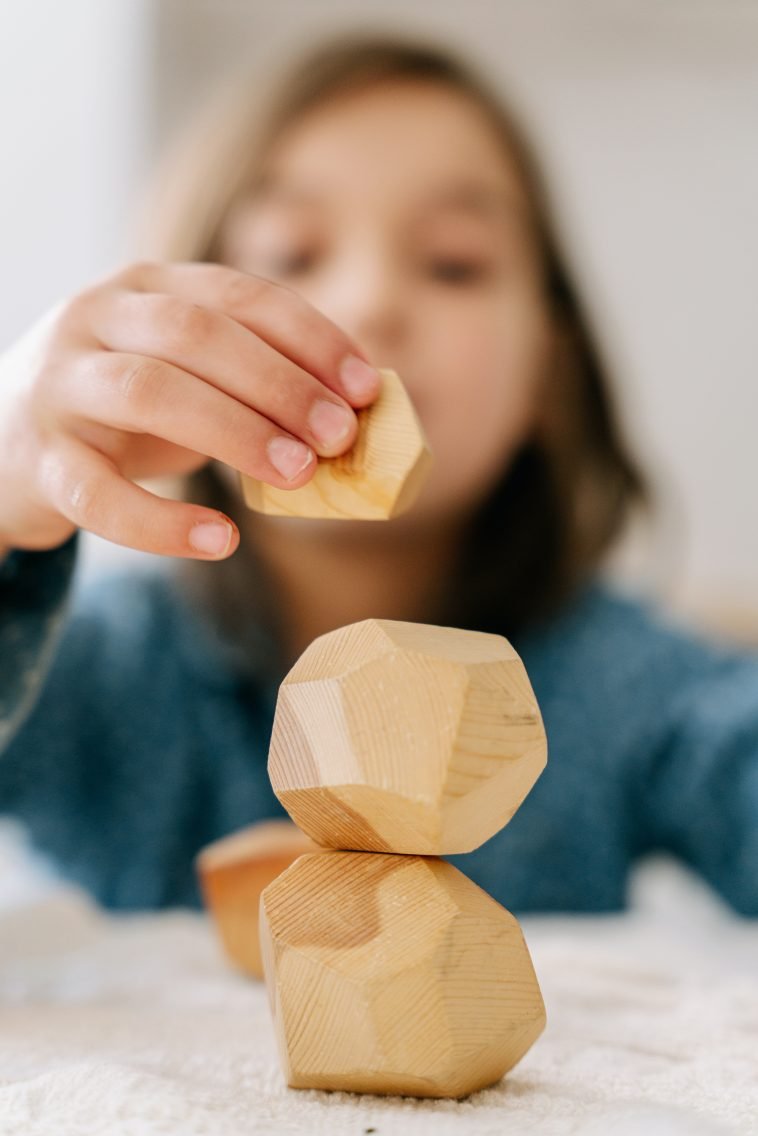The Ultimate Guide To Mindfulness For Beginners
How many things are you doing at one time?
Do you feel like your mind is constantly busy and always thinking about the next thing?
If so, you’re not alone.
We live in a fast-paced world where it seems like we have to do more and more just to keep up. This can cause a great deal of stress and anxiety.
If the hustle and bustle of life have you feeling overwhelmed, it may be time to take a step back and focus on mindfulness.
What Is Mindfulness?
Mindfulness is described as a state of active, open awareness of the present moment.
It simply means paying attention on purpose, being aware of your thoughts and feelings in the present moment, and accepting them just as they are in an open, accepting, and non-judgmental attitude.
Mindfulness is a practice that can help you become more aware of your thoughts and emotions, and learn how to manage them in a more effective way. When you’re mindful, you’re not trying to change or fix anything. You are simply observing your experience as it is in the present moment.
The goal of mindfulness is to help you become more aware of your thoughts and emotions so that you can manage them in a more effective way. When you are continuously present, you will be able to learn from your surroundings and experiences without distraction.
Paying Attention “On Purpose”
You become conscious of your awareness.
Many people like to “multi-task”. This is basically a term from the world of computing where two or more tasks are done simultaneously. In our daily lives, multitasking is doing two or more things at once. For example, you might be eating and watching TV at the same time. You are aware that you are eating, but you are not aware of WHAT you are eating. Your attention is drawn to the television instead.
When you concentrate solely on eating, you direct your conscious attention to the process of eating, as well as each sensation and response to the sensation that you experience while consuming your food.
Paying Attention “In The Present Moment”
People’s minds have a tendency to wander. In fact, research suggests that our minds are actually wandering almost half the time. Maybe you’re sitting at your desk, but you are so distracted by your thoughts and emotions that you have no idea, or only a vague idea, of what is occurring around you.
You might be too busy thinking about how you were passed over for a promotion a few days back. That makes you angry and disappointed, and not notice when your boss is trying to talk to you.
You are not focusing on the present and that takes away from the experience of the present moment.
It is crucial to examine the past as well as the future, but by being fully conscious of the present, you give yourself the opportunity to reduce the emotional and physical impact of the past and future.
Paying Attention “Non-Judgmentally”
When being mindful, you are not judging an experience as good or bad. Simply notice the experience, take it as it is, accept it, and move on. By doing this, you are not trapped in a loop of reliving the experience over and over, unable to let the experience go.
The “non-judgmental” part of mindfulness can be especially difficult if you are used to judging yourself harshly. If you find yourself judging your thoughts or experiences, it may help to remind yourself that everyone has judgments and that judgments are not necessarily bad.
This may sound difficult at first, but it is highly rewarding. Once you begin to notice when you are being judgmental, you will find it easier to recognize and accept experiences as they occur.
Benefits Of Mindfulness
Mindfulness living has many benefits. Mindfulness can help you reset your body and mind, so you can focus on what is important. For a better understanding of how mindfulness works, let us explore how it can improve your life.
Mindfulness can help you focus on the moment and let go of distractions.
You might have things that you would rather not think about – especially things that make you anxious or stressed. When you focus on these things, it can be difficult to focus on anything else. Mindfulness can help you let go of these distractions and focus on the present moment.
Mindfulness can help you find calm in the midst of chaos.
In the midst of a busy day, it can be difficult to find a moment of calm. Mindfulness can help you find that calm, so you can focus on what is important.
Mindfulness can help you connect with your body and mind.
When you are stressed, it is easy to disconnect from your body and mind. Mindfulness can help you connect with your body and mind, so you can be more aware of your thoughts and how you are feeling.
Mindfulness can help you manage your emotions.
It is often easy to let emotions get the best of you, especially negative and difficult emotions. Mindfulness can help you deal with such emotions in a more constructive way. It can help you to become aware of your emotions and the thoughts and beliefs that contribute to them.
You can then start to question these thoughts and beliefs, and develop more helpful ways of thinking. This can lead to a reduction in the intensity of your emotions and help you to cope better with difficult situations.
Mindfulness can help you reduce stress.
Stress can have a negative impact on both your body and mind. Mindfulness can help you reduce stress so that you can live a more balanced life. Practicing mindfulness can help you to feel calmer and centered in your busy life. It can also help you to appreciate the present moment and find joy in everyday activities.
How Can You Become More Mindful?
There are multiple ways to practice mindfulness. The goal, however, is to achieve an alert, centered feeling of calm in the present moment. To do so, you must learn to intentionally pay attention to your thoughts and sensations. Remember not to judge!
Here are four ways to be more mindful:
1. Mindful breathing

Despite its simplicity, focusing solely on your breath can have a profound impact. Breath in, breath out. Recognize the difference between your breaths. By breathing in, you are providing your body with much-needed oxygen. Breathing out, you are expelling toxins from your body.
Think about how many times you have gotten frustrated, annoyed, angry, or experienced some other negative emotion while stuck in a queue or at a red light. Take the time to breathe, instead of wishing that the queue moves faster or the light to just turn green. By focusing on your breath, you will experience fewer negative emotions.
2. Mindful listening
Pause. Listen to your surroundings. What do you hear? Is it a dog barking, a child crying, or people chatting on their phone/cell? Anything else?
Practice listening to the sounds around you. Pay attention in a non-judgmental way. The objective is to attain a state of awareness that is present and free of preconceptions.
3. Mindful appreciation
Appreciation is the ability to recognize the good qualities in someone, something, some activity, or event. Being able to appreciate is an important part of being mindful. Look around you. Identify some things that normally go unappreciated. The point of mindful appreciation is to give thanks and show gratitude, even for aspects of life that seem insignificant.
4. Meditation
Though there are many different types of meditation, the key role of meditation remained as a way of transforming the mind It allows you to accept responsibility for your mental state and shift it for the better.
Meditation enhances concentration, boosts positive emotions, increases the sense of peaceful well-being, energizes the mind, and allows you to cultivate new and nourishing ways of being.
If that sounds a little too good to be true to you, it is! Consider this: meditation can absolutely help you develop a fresh perspective on life that serves you way better. This new view can help you have a new perspective and enables you to connect and understand other people.
In Conclusion
Mindfulness anchors you to the present moment, clears your mind, and increases your ability to focus.
Practicing mindfulness involves paying attention to your thoughts, emotions, and bodily sensations in a non-judgmental way. It can help you develop a more objective perspective of your thoughts and feelings. With this level of awareness, you can begin to question the validity of your thoughts and emotions and respond more productively.
Here is an article on more tips to get started on mindfulness, so click here to read on.



